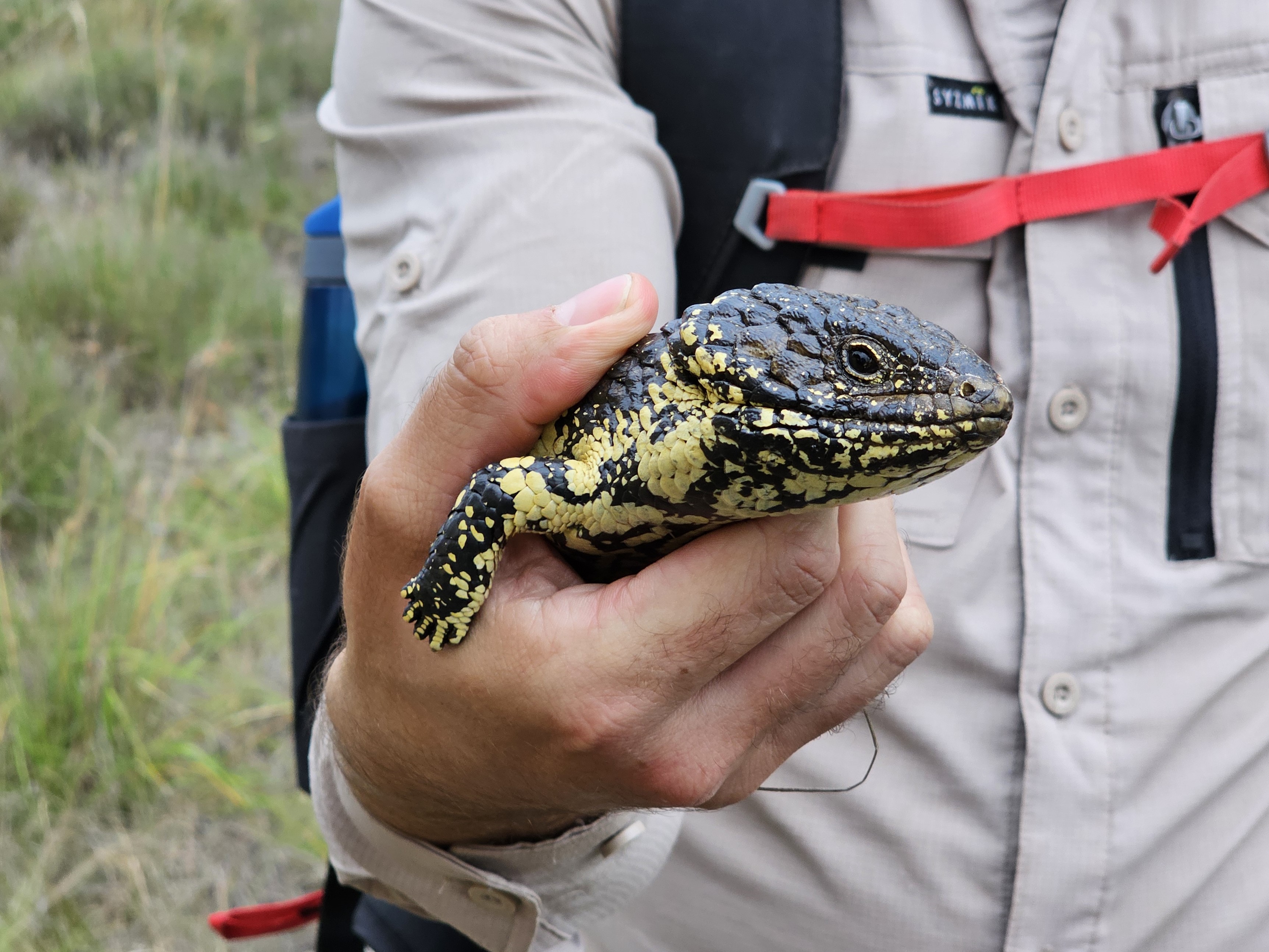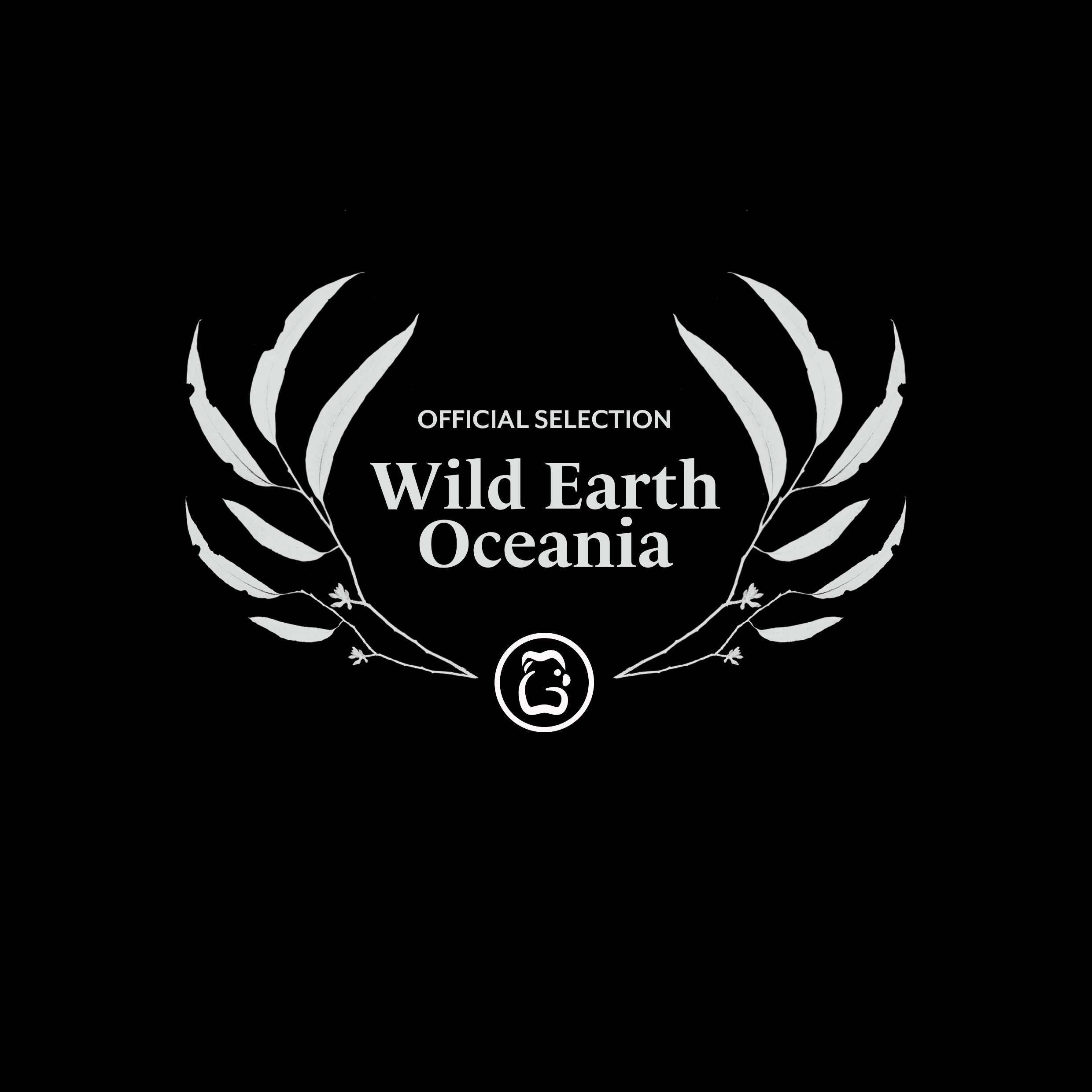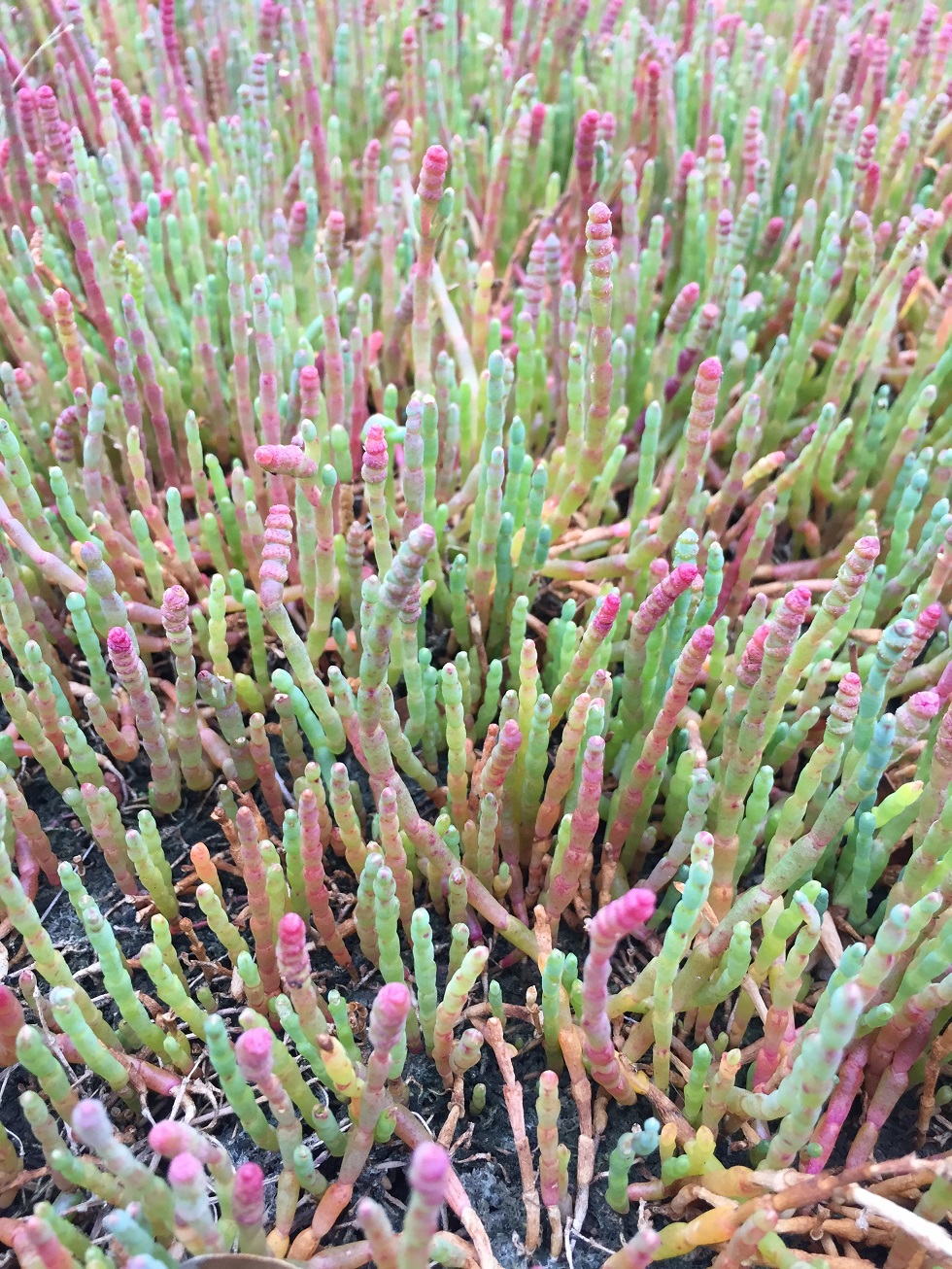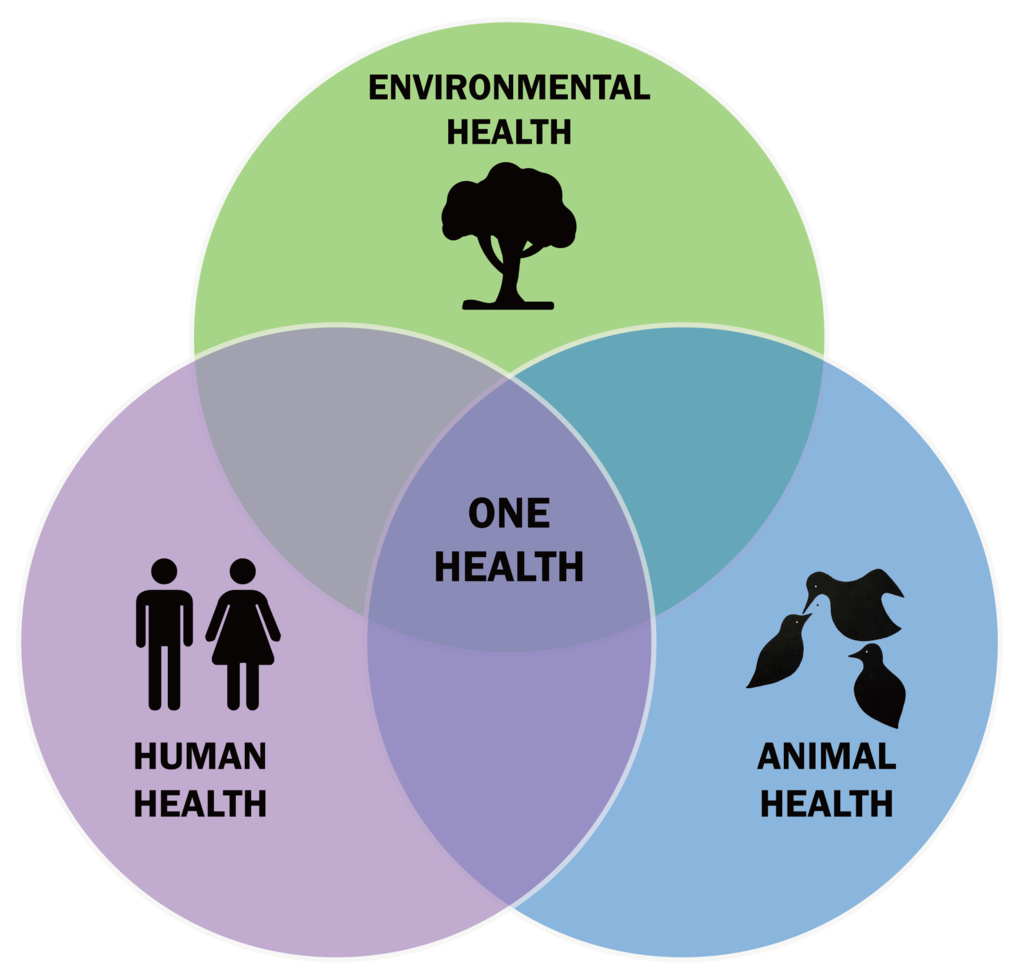BLOGS WEBSITE
Category: Science communication
Murray-Darling Basin water theft laws suck more than river irrigation pumps
Water is one of Australia’s most valuable commodities, worth almost A$100 billion in the Murray-Darling Basin (MDB). But some of that water is being stolen (no-one knows how much) and the thieves usually get away with it. The federal Labor government came to power promising to improve water use compliance and theft deterrence, while the […]
Leave a comment
When it comes to happy kids, it’s natural
Today, March 20th, marks the International Day of Happiness 2024, a day which aims to make people around the world realise the importance of happiness within their lives. Being happy is arguably the greatest human goal. Whatever else you are interested in – getting rich, playing a tune on your guitar, growing orchids in the […]
Comments Off on When it comes to happy kids, it’s natural
Wildlife in our homes: Australian reptiles in the global exotic pet market
On March 3rd we celebrate World Wildlife Day, and the theme for 2024 is “Connecting People and Planet: Exploring Digital Innovation in Wildlife Conservation.” We are thrilled to feature the research of our guest blogger, Sebastian Chekunov, a PhD candidate from Dr. Phill Cassey‘s Invasion Ecology research group. Dr Cassey is an ARC Industry Laureate Fellow, Combatting Wildlife […]
Comments Off on Wildlife in our homes: Australian reptiles in the global exotic pet market
Rainy day ice age in the global south
An international study of the mineral deposits in stalactites in South Australia’s Naracoorte Caves, has shed new light on climate conditions in the Southern Hemisphere during ice ages. Research led by Melbourne University and including Naracoorte Caves and fossil forensics expert, Dr Liz Reed from the Environment Institute and University of Adelaide, has turned the […]
Comments Off on Rainy day ice age in the global south
A Periodic Table of Food for better health globally
University of Adelaide researchers are contributing to a global effort to quantify the makeup of the world’s food supply, enabling data-driven solutions to human and planetary health challenges such as biodiversity loss, climate change and malnutrition. The Period Table of Food Initiative (PTFI) is led by nine Centres of Excellence around the world, all collaborating […]
Comments Off on A Periodic Table of Food for better health globally
Leading environmental scientist takes the reins
Plant, ecological and evolutionary geneticist, Professor Andrew Lowe will lead the University of Adelaide’s Environment Institute as its newly appointed Director. Professor Lowe has a strong connection to the Environment Institute, which he first joined in 2009 when it was established by the University of Adelaide to tackle some of the most complex and critical […]
Comments Off on Leading environmental scientist takes the reins
EVENT: Wild Earth Oceania Film Festival
Get ready for an unforgettable cinematic experience at the Inaugural Wild Earth Oceania Film Festival, taking place in Adelaide from January 16th to 24th. This exciting week-long event features an impressive line-up of short films, as well as Opening and Closing Night Gala functions that are not to be missed. We’re thrilled to announce that […]
Comments Off on EVENT: Wild Earth Oceania Film Festival
Australasian Mangrove and Saltmarsh Network Conference, Adelaide 14-17 November 2023 – ‘AMSN 2023 – Living Coasts’.
Community members, environmental managers, interstate and international researchers will gather in Adelaide this week to celebrate, discuss and review the status of the natural ‘Living Coasts’ of the Australasian region. The 2023 Australasian Mangrove and Saltmarsh Network (AMSN) conference will be opened by SA Environment Minister Dr Susan Close on Tuesday 14th Nov and is […]
Comments Off on Australasian Mangrove and Saltmarsh Network Conference, Adelaide 14-17 November 2023 – ‘AMSN 2023 – Living Coasts’.
VIDEO: Jon Dee presenting ‘Unleashing the power of trees for healthier communities’
On October 25 this year, the Environment Institute and Green Adelaide had the pleasure of hosting Mr Jon Dee for a public lecture on ‘Unleashing the power of trees for healthier communities’, another instalment in our Hope and Wonder Series. Jon, who is the co-founder of National Tree Day and One Tree Per Child, explained […]
Comments Off on VIDEO: Jon Dee presenting ‘Unleashing the power of trees for healthier communities’
Operationalising One Health in Australia
Despite our remarkable advances in modern medicine and public health, we are still facing the persistent emergence of new diseases. The relentless pace of urbanisation, coupled with intensive food production and agricultural practices, has resulted in a staggering 75% of emerging infectious diseases linked to animals. Demographic shifts, societal upheavals, and behavioural changes have given […]
Comments Off on Operationalising One Health in Australia











